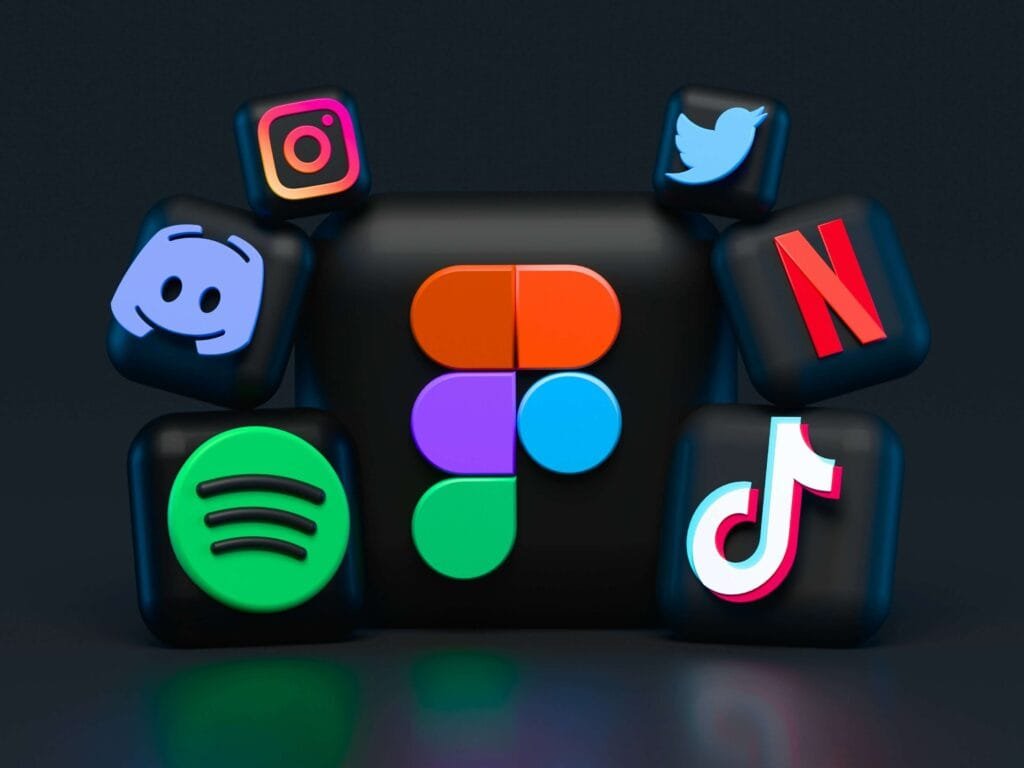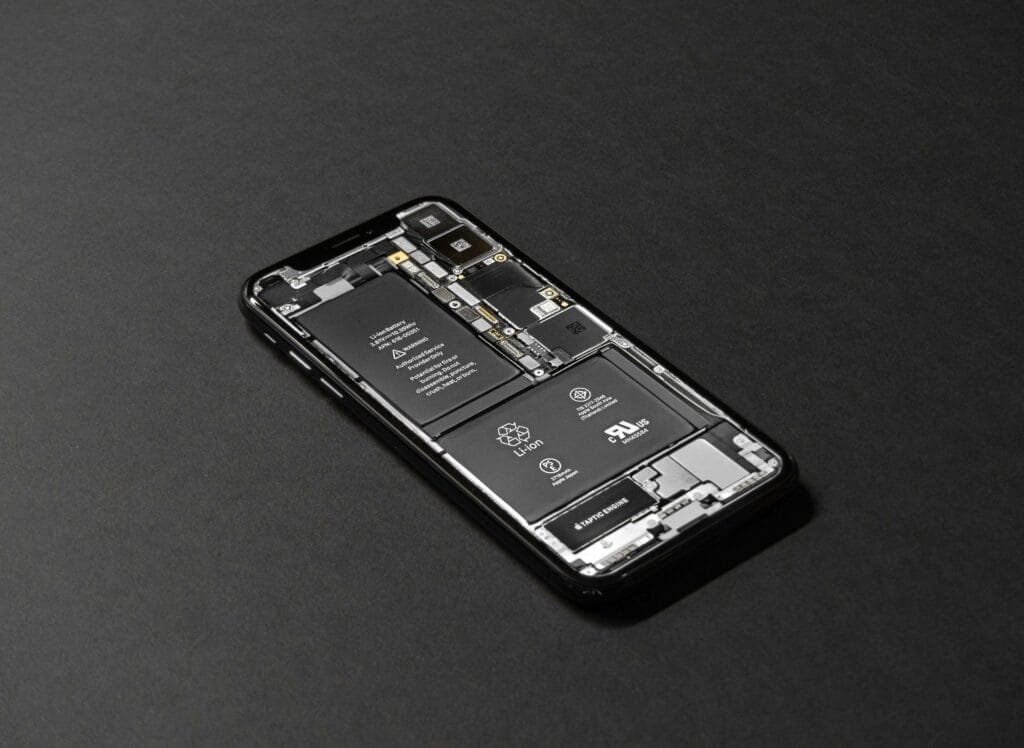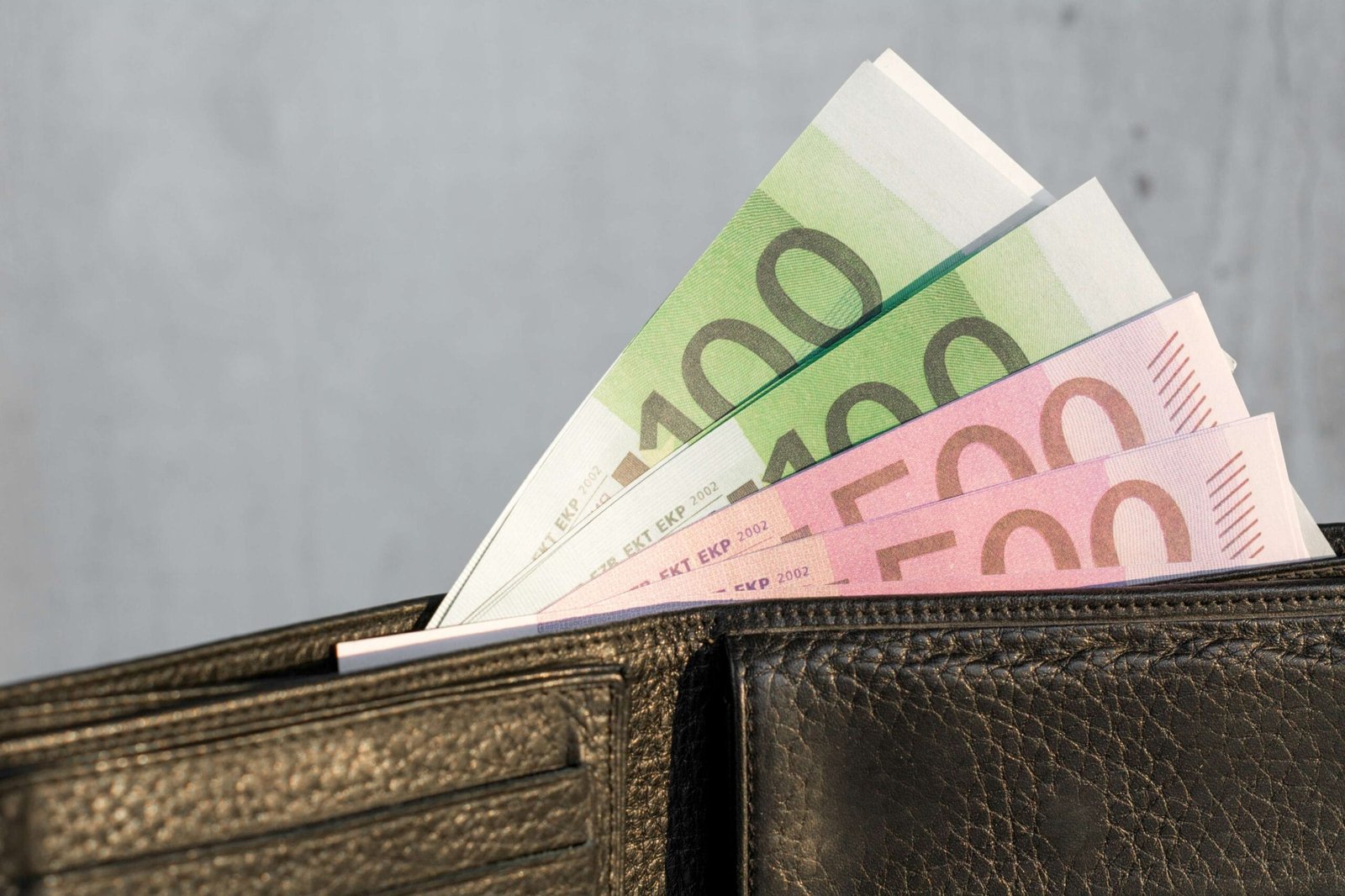Introduction
Starting your own business doesn’t require a huge financial investment. With USD 200 or less, you can venture into entrepreneurship and grow your ideas into something impactful. Below are detailed descriptions of ten small business ideas, including how to start, the tools needed, and practical tips for growth and success.
Table of Contents
1. Freelance Writing or Blogging

What It Is: Freelance writing involves creating content for businesses, websites, or publications, while blogging is about running a personal website where you share ideas on a specific niche. Both require strong writing skills and creativity.
How to Start:
- Learn the Basics: Take free or affordable online courses on platforms like Coursera or Udemy to improve your writing.
- Set Up a Portfolio: Start by writing a few sample articles or creating a blog to showcase your skills.
- Find Clients: Register on freelancing platforms like Fiverr, Upwork, or Toptal, and apply for writing gigs.
- Invest in Tools: Use tools like Grammarly (for editing) and Hemingway Editor (for readability).
What You Need: A laptop (or smartphone for blogging), internet access, and basic writing tools.
Estimated Startup Cost: USD 150 for internet and software tools.
2. Social Media Management

What It Is: Social media managers help businesses grow their online presence by creating content, engaging with followers, and running campaigns.
How to Start:
- Learn About Social Media Marketing: Study platforms like Facebook, Instagram, and LinkedIn to understand engagement strategies.
- Get Basic Tools: Use free platforms like Canva to design posts and Buffer to schedule them.
- Build a Portfolio: Offer free or discounted services to friends or small businesses to showcase your work.
- Pitch Your Services: Approach local businesses, restaurants, or online entrepreneurs and offer to manage their social media accounts.
What You Need: A smartphone or computer and a stable internet connection.
Estimated Startup Cost: USD 100 for marketing and internet.
3. Small Catering or Baking Business

What It Is: This business focuses on preparing meals, snacks, or baked goods for small events, office orders, or direct sales.
How to Start:
- Choose a Niche: Decide whether to focus on catering small events or selling baked goods like cupcakes or cookies.
- Get Basic Supplies: Use your home kitchen and buy affordable ingredients like flour, sugar, oil, and eggs.
- Promote Your Business: Take photos of your products and share them on WhatsApp groups, Instagram, or Facebook.
- Offer Samples: Distribute samples to friends and potential clients to build your customer base.
What You Need: Kitchen tools, raw materials, and packaging materials.
Estimated Startup Cost: USD 200 for ingredients and marketing.
4. Second-Hand Clothing Sales (Thrift Business)
What It Is: Selling pre-owned clothing at affordable prices, often referred to as “bend-down boutique” or thrift sales.
How to Start:
- Source Your Inventory: Visit markets like Kantamanto in Accra to buy second-hand clothes in bulk at low prices.
- Prepare Your Products: Wash, iron, and neatly package the clothes for resale.
- Choose Your Sales Platform: Sell through Instagram, Facebook Marketplace, or even at local markets.
- Set Competitive Prices: Offer discounts to attract customers and build loyalty.
What You Need: Inventory, washing supplies, and packaging materials.
Estimated Startup Cost: USD 150 for purchasing inventory.
5. Virtual Assistant Services
What It Is: Virtual assistants provide administrative support, including managing emails, scheduling appointments, and data entry, all done remotely.
How to Start:
- Identify Your Skills: Assess what tasks you can efficiently perform, such as data entry or customer support.
- Set Up Your Workspace: Use your computer and free tools like Google Workspace (Docs, Sheets, Gmail) for tasks.
- Look for Clients: Register on platforms like Upwork or LinkedIn, and apply for assistant jobs.
- Build Your Network: Ask for referrals from satisfied clients to expand your reach.
What You Need: A computer, stable internet, and basic organizational skills.
Estimated Startup Cost: USD 100 for internet and professional tools.
6. Mobile Phone Repairs

What It Is: This business involves fixing common phone issues like screen repairs, battery replacements, and software updates.
How to Start:
- Learn the Skill: Enroll in a short training course at a local tech institute or watch detailed tutorials on YouTube.
- Get Basic Tools: Purchase screwdrivers, magnifying glasses, and replacement parts.
- Market Your Service: Create flyers or advertise on social media and in your community.
- Start Small: Offer repairs for basic issues and grow as you gain experience.
What You Need: Training, repair tools, and a workbench.
Estimated Startup Cost: USD 200 for training and tools.
7. Soap and Detergent Production
What It Is: Producing and selling homemade cleaning products like bar soap, liquid soap, or detergents.
How to Start:
- Learn the Recipe: Attend local workshops or watch online tutorials to understand soap-making techniques.
- Source Materials: Buy caustic soda, oils, and fragrances from local suppliers.
- Create Packaging: Use simple and cost-effective packaging to make your products appealing.
- Market Locally: Sell your products door-to-door, at local markets, or through social media.
What You Need: Ingredients, basic equipment, and packaging supplies.
Estimated Startup Cost: USD 150 for materials.
8. Graphic Design
What It Is: Graphic designers create visual content such as logos, flyers, and social media banners for businesses.
How to Start:
- Learn the Basics: Take online courses on platforms like Coursera or Skillshare.
- Use Free Tools: Begin with Canva or invest in low-cost subscriptions like Adobe Spark.
- Create a Portfolio: Design mock projects to showcase your skills.
- Promote Your Services: Advertise on freelancing websites and social media platforms.
What You Need: A computer, graphic design software, and internet access.
Estimated Startup Cost: USD 100 for internet and design tools.
9. Delivery Services

What It Is: Offering delivery services for parcels, groceries, or food within your local area.
How to Start:
- Secure Transportation: Use a bicycle, rent a motorbike, or partner with someone who has one.
- Create Partnerships: Approach local shops and online sellers to handle their deliveries.
- Advertise Locally: Print flyers or use social media to announce your services.
- Expand Gradually: As demand grows, invest in better delivery equipment.
What You Need: Reliable transportation and good knowledge of your area.
Estimated Startup Cost: USD 150 for transportation and marketing.
10. Event Decoration
What It Is: Decorating spaces for events such as birthdays, weddings, or small parties.
How to Start:
- Learn Basic Skills: Watch tutorials on YouTube or take a short workshop.
- Buy Reusable Materials: Invest in items like balloons, ribbons, tablecloths, and candles.
- Build Your Portfolio: Offer discounted services to friends and family to get started.
- Promote Online: Share pictures of your work on social media to attract more clients.
What You Need: Decoration supplies and creativity.
Estimated Startup Cost: USD 200 for supplies.
Conclusion

Starting a business with USD 200 or less is not only achievable but also an excellent way to gain financial independence. By selecting a business that aligns with your skills and interests, you can grow a sustainable enterprise. Remember, consistency, customer service, and leveraging social media are key to success.
Visit our blog page for more informative articles.
Visit alphanewsweb.com for up to date and exclusive news stories!




